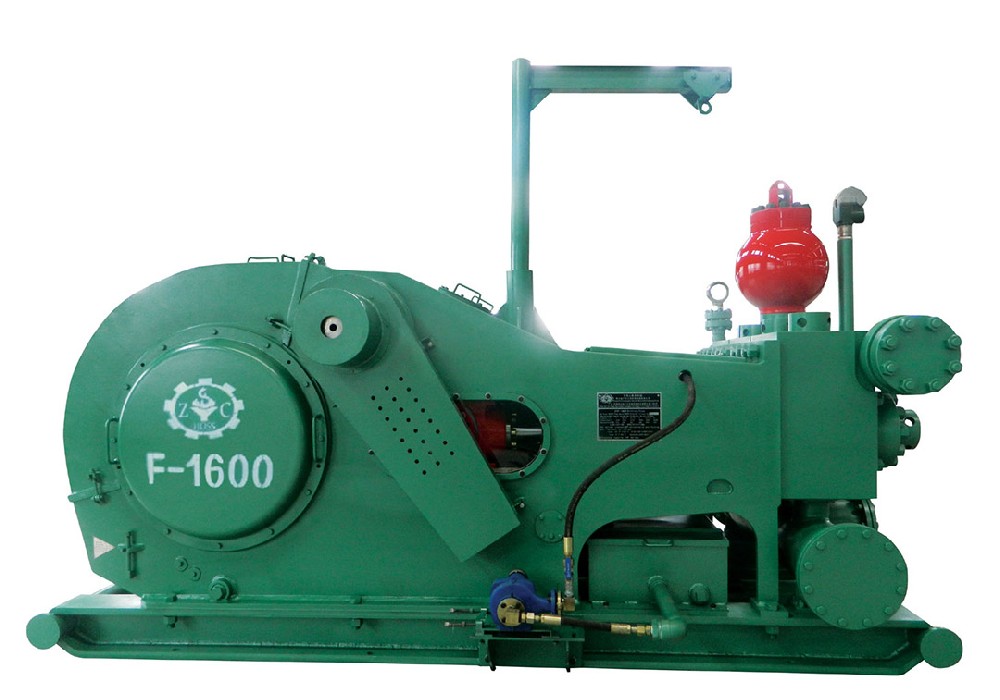When it comes to drilling operations, drilling fluids are one of the most crucial components. These fluids serve a variety of purposes, including lubrication, cooling, and removing debris. They are also responsible for maintaining the stability of the borehole and preventing any undesired interactions between the formation and the drill bit.

Drilling fluids can be complex mixtures of various substances, including water, oil, gas, and solids such as clay. Ensuring that these fluids are properly formulated and used is essential to the success of any drilling operation. This is where drilling fluids testing comes in.
Drilling fluids testing involves assessing the properties of the fluids to ensure that they meet the necessary standards for the drilling operation. This testing can be done at various stages of the drilling process, including before drilling begins, during drilling, and after drilling is complete.
One of the primary reasons for conducting drilling fluids testing is to ensure that the fluids are effective. For example, if the fluids are not lubricating the drill bit properly, it can cause excessive wear and tear on the equipment, leading to costly downtime and repairs. Similarly, if the fluids are not effectively removing debris from the borehole, it can lead to clogging and reduced drilling efficiency.
Drilling fluids testing can also help identify potential issues before they become major problems. For instance, if the fluids are not maintaining the borehole stability, it can cause issues such as wellbore collapse or formation damage. By detecting these issues early on, operators can take corrective action to prevent them from escalating into more significant problems.
There are several methods of drilling fluids testing, including physical, chemical, and rheological testing. Physical testing involves assessing the appearance and properties of the fluids, such as density, viscosity, and gel strength. Chemical testing involves analyzing the composition of the fluids, such as pH levels or the presence of contaminants. Rheological testing involves measuring the fluid's flow properties, such as yield stress and viscosity.
In conclusion, drilling fluids testing is a vital component of any drilling operation. It ensures that the fluids are properly formulated and being used effectively, thereby maximizing drilling efficiency and minimizing downtime. By conducting accurate and regular testing, operators can identify potential issues early on and take corrective action to prevent them from escalating into more significant problems.